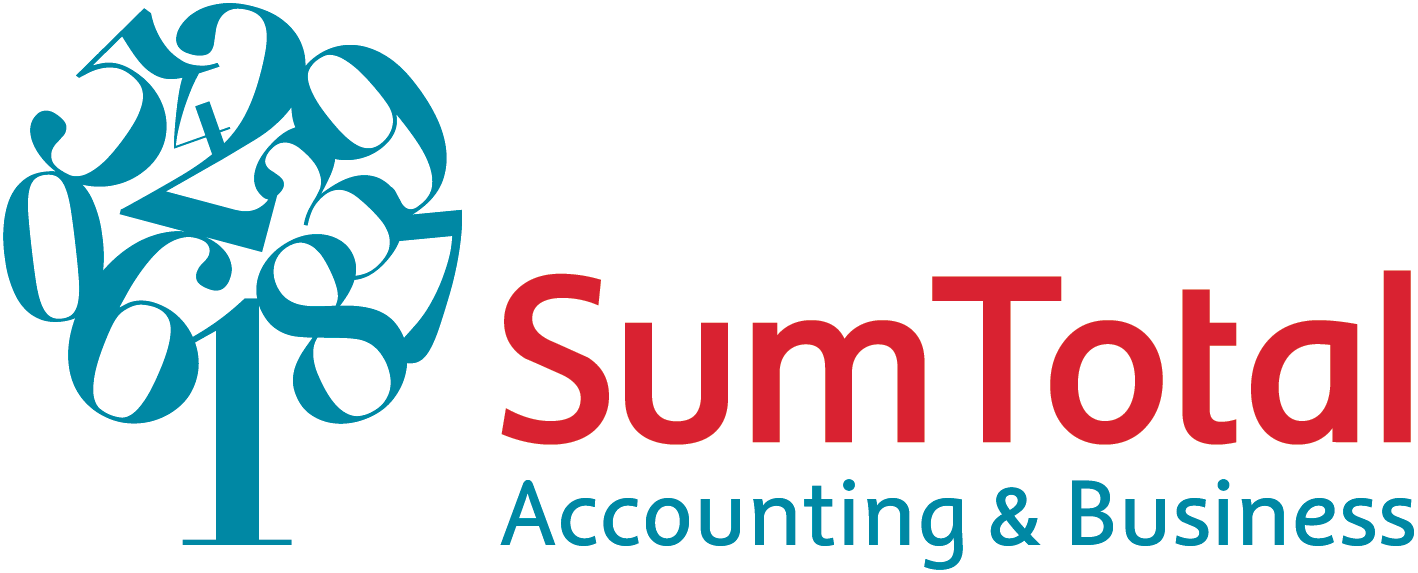A tool that many businesses, organisations and individuals use when setting up their website is search engine optimisation (or SEO). This tool ensures that the website’s visibility on initial searches for something that their product or service matches is much higher than others. To do this, SEO’s often use keywords that allow search engines to rank the page according to how relevant they are.
What many businesses would benefit from, is an SEO strategy. This is a process of organising a website’s content by topic to improve its chances of appearing in search results, which results in an opportunity to increase traffic flow onto the website organically.
There are three types of SEO that can be focused on to improve the effectiveness of a website.
- On-page SEO – content that is actually on site pages, and optimising it to boost the website’s ranking for certain keywords.
- Off-page SEO – focuses on links directed to the website from a different site on the web. This helps to build trust with search engine algorithms.
- Technical SEO – the website’s code, the technical set up of the website.
Here are a few easy ways to strategise the content of a website for SEO:
- Make a list of topics that the content should address
- research 10 words and terms associated with the product or service of the website, and come up with variations that make sense for the business
- Make a list of long-tail keywords (search phrases with longer word counts) that apply to the content of your website.
- Build pages for each topic, ie. business products, offerings. This makes it easier for customers to find the site in search engines, no matter what key words they use.
- Set up a blog, and write blog posts. Linking back to the website with each post will tell Google that there’s a relationship between the content of both and specific keywords.
- Create a consistent blogging schedule (at least once a week).
- Create a link-building plan – link-building is the primary objective of off-page SEO, which is the process of attracting inbound links to your website from other sources on the internet.
- Compress media files before uploading them to your site – page speed is a crucial ranking factor for SEO, and media files can slow down pages extremely quickly.
- Stay up to date on SEO news and best practices
- Measure and track your content’s success with analytics tools, to make sure your strategy is working.
Always remember when developing an SEO strategy that the business’ needs should be the primary focus – whether it’s for increasing customers or better marketing for instance, the need should always drive the strategy.



